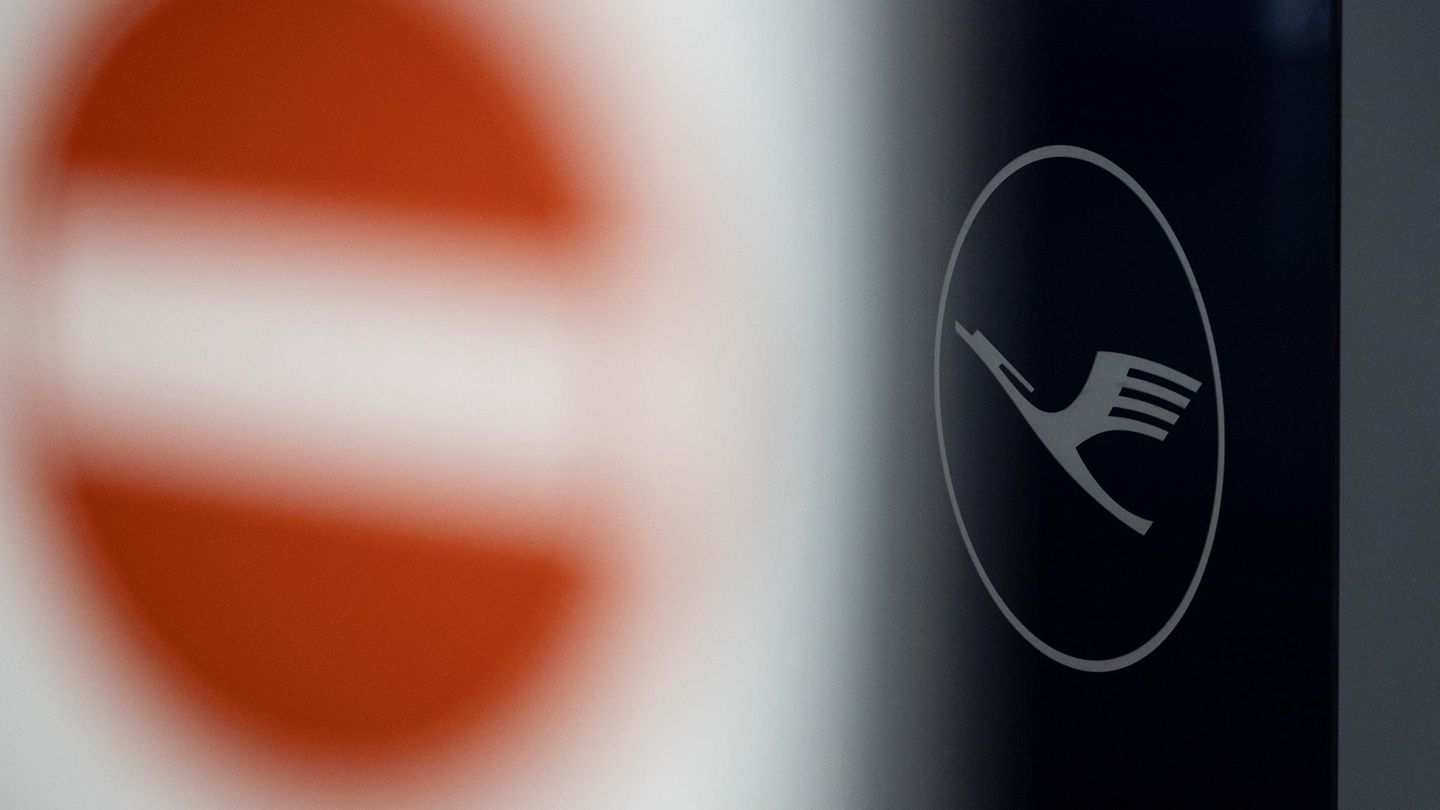Almost a third of those eligible to vote in Mecklenburg-Western Pomerania have already voted in a polling station by 2 p.m. However, many had already cast their votes by letter.
In the double election in Mecklenburg-Western Pomerania, 32.5 percent of those eligible to vote in the polling stations cast their votes by 2 p.m. on Sunday. This was announced by the regional returning officer Gudrun Beneicke.
In the 2017 federal election, the turnout was 37.3 percent until 2 p.m., and 32.8 percent in the 2016 state election. The final turnout in these elections was 70.9 percent and 61.9 percent, respectively. According to the information, participation in the state elections at 2 p.m. was not listed separately because the deviations from the federal elections are only marginal.
A considerable part of the electorate had already made use of the postal voting option. It is expected that the percentage of postal voters as a result of the corona pandemic will be significantly higher than in the state elections in 2016. At that time, 20 percent of voters cast their votes early.
Prime Minister Manuela Schwesig (SPD) voted together with her husband at a polling station in downtown Schwerin and expressed her satisfaction. “We gave everything to the end,” she said after the vote. It is now in the hands of the citizens how things go on with the country and Germany. Your challenger, the CDU top candidate for the state elections in Mecklenburg-Western Pomerania, Michael Sack, had previously voted in a polling station in Loitz.
As in Berlin, a new state parliament will be elected in addition to the Bundestag in the northeast. While the race for the top spot is open in the federal government, the last polls in Mecklenburg-Western Pomerania showed a clear election victory for the SPD. The party of Prime Minister and top candidate Schwesig can hope for an increase in votes compared to the election they won five years ago and thus for a consolidation of their claim to leadership.
The CDU, a junior partner in a red-black government for 15 years, is threatened with further losses. While the AfD and the Left can certainly count on their return to the state parliament, the polls show that the return of the FDP and the Greens is still on the brink. The ZDF political barometer for the state elections published last Thursday saw the SPD in the northeast at 39 percent. A week earlier, a similarly high value had been achieved at 38 percent. In surveys by other institutes, the party was recently even at 40 percent.
If the Greens and the FDP should miss the re-entry into the state parliament of Mecklenburg-Western Pomerania, a single government could even be possible if the ruling party does very well. However, Schwesig does not want to feel safe too early: “Polls are nice, but election results are decisive,” said the head of government.
Around 1.32 million eligible voters in Mecklenburg-Western Pomerania are called to vote on the Bundestag and Landtag. They have been able to cast their votes in around 1,650 polling stations across the country since 8:00 a.m. According to the municipal electoral authorities, a considerable part of the voters had already used the option of postal voting.
According to the state election officer, 455 candidates from 24 parties and 9 individual applicants apply for the 71 mandates in the state parliament. 129 applicants are striving for mandates in the six federal parliamentary constituencies of Mecklenburg-Western Pomerania.
David William is a talented author who has made a name for himself in the world of writing. He is a professional author who writes on a wide range of topics, from general interest to opinion news. David is currently working as a writer at 24 hours worlds where he brings his unique perspective and in-depth research to his articles, making them both informative and engaging.




